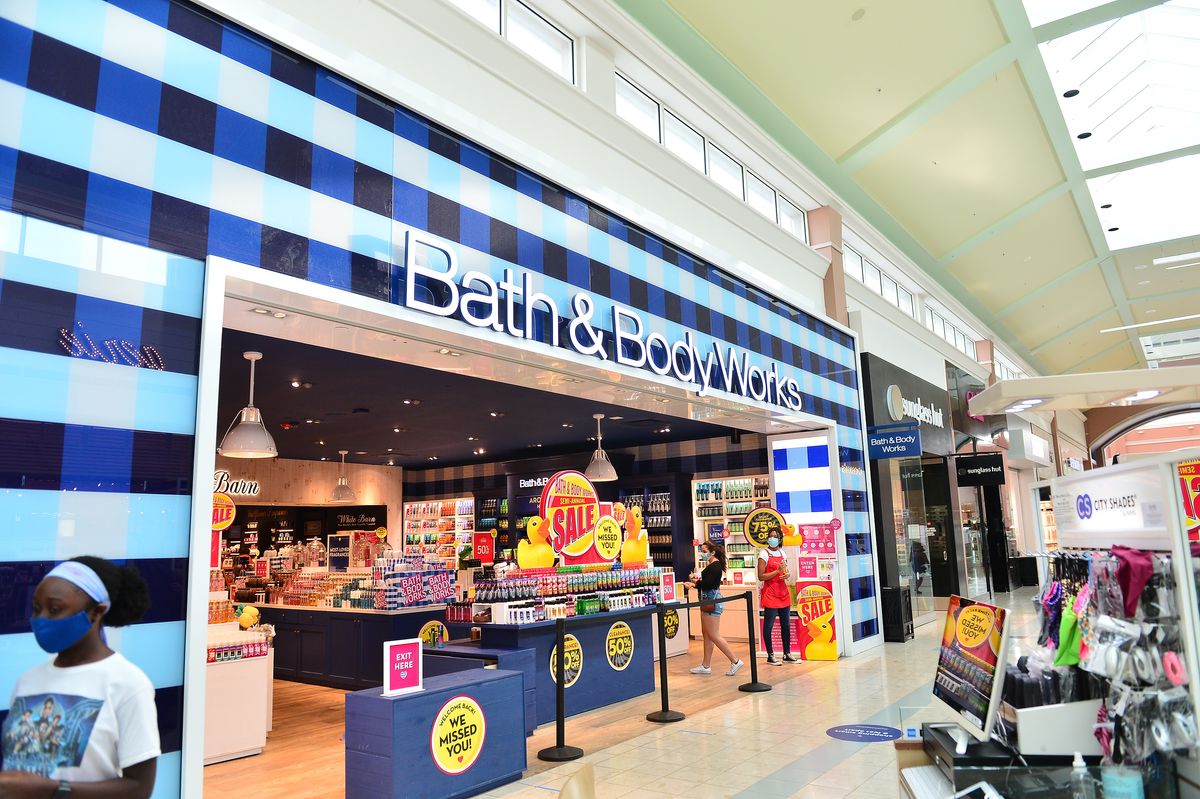On April 18, 2022, a Facebook post was created as a safety warning, claiming that Bath & Body Works products can cause infertility and damage to organs. It referenced a "safety data sheet" for one product, listed as "Bath & Body Works Wallflowers Home Fragrance Refill Winter Candy Apple." Safety data sheets are a type of document described as a "hazard communication standard" by the Occupational Safety and Health Administration (OSHA).
The post also appeared to suggest, without evidence, that companies like Bath & Body Works pay the Environmental Working Group (EWG) to obtain favorable ratings for its products. Examples of such ratings are available on the EWG website.
We received statements from both Bath & Body Works and the EWG, both of which are quoted later in this story.
At publication time, the viral Facebook post about Bath & Body Works with the claim about infertility was on track to be shared more than 100,000 times. It read as follows:
Hi ??
Jillian here with some not so fun, unpopular and frightening news.
Did you know that Bath & Body works products are actually not recommended to use while pregnant? Yeah, neither did I because I never thought to read their safety data sheets. Like oh, if it’s on the shelves it must be OK for the human body, right? No. Not right. Straight from their safety data sheet it reads and I quote, “suspected of damaging fertility or the unborn child” and, “may cause damage to organs through prolonged or repeated exposure.” I’m sorry, come again??? The products that have been US glorified FOR YEARS because “they smell good” or, “they have the best candles” have a warning label that use could harm an unborn child, a woman’s hormones AND their organs? And once again I’m reminded that the world doesn’t keep spinning and generate revenue if you and I are healthy. #isaidwhatisaid
There are multiple ingredients you should be looking for when determining whether a product should be on your shelf at home or not. ? Butelyne Glycol ? Isopropyl Alcohol ?Tetrasodium EDTA ? BHT ? Disodium EDTA ? Diazolidinyl Urea ? Methylparaben & Propylparaben Ceterareth-20 ? “Fragrance”.
Here’s the safety data sheet link to see the deets for yourself. https://www.bathandbodyworks.com/on/demandware.static/-/Sites-master-catalog/default/dw8adf230f/sds/24567958_SDS_400000001707.pdf
As I’ve always said, you need to become your own families expert. And please, stop trusting the EWG for their ratings for because as it turns out, companies can PAY for good ratings. EWG is just as sideways as FDA regulations.
? drop.
We sent questions about the viral post to Bath & Body Works. A spokesperson for the company replied as follows by email:
Every Bath & Body Works product undergoes extensive review to ensure safety. Safety Data Sheets, like the one in the social media post, do not reflect the safety of products when used as directed. These sheets are a standard practice in the home fragrance and consumer products industry. Bath & Body Works posts these sheets to assist manufacturing companies and emergency personnel who need to know how to handle, store or dispose of large quantities of chemicals in industrial and manufacturing settings. As with any product a customer may use during pregnancy, we encourage them to consult a doctor if they have specific questions. In addition, Bath & Body Works has never paid money to the Environmental Working Group.
The EWG also responded to our inquiries about the viral post. This is their statement in full:
EWG does not charge a fee for a product to be rated in either our Skin Deep® Cosmetics Database or our Guide to Healthy Cleaners Database. Companies cannot pay to have a better hazard score.
It is unclear why this Facebook post associates EWG with a product that is not ranked in our databases and is an air freshener, a product category we’ve recommended for over a decade that consumers consider avoiding altogether.
EWG has previously conducted tests for airborne pollutants and indoor air quality after using air fresheners and other cleaning products, and we are currently doing another round of product testing to understand how fragranced products like this can potentially impact health.
Our work has and will always put protecting public health first.
We also reached out to several outside experts and will update this story should we receive further information.
